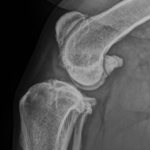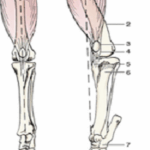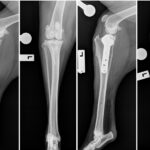
Snail Pellets
Over the last few weeks, we have seen several cases where dogs have eaten snail pellets. This has cost one dog its life, and has caused a lot of suffering in other dogs.
With spring just around the corner, people’s minds are turning to their gardens, and this is when we see a spike in the number of cases of poisoning.
So how do you protect your pet from snail pellets?
The first thing to realise is that NO snail pellets are safe for your pet. While some may be less dangerous than others, they can all cause severe illness and even death.
- NEVER use snail pellets in any area which your pet may access. Despite having ingredients which make the pellets taste bad, some dogs will still eat them if they get access.
- Always store snail pellets in a locked cupboard. This helps protect children as well as pets, and ensures the box can’t be knocked off a shelf where a pet can then gain access.
- When using pellets, never place them in mounds. Ensure they are sparsely scattered so a dog can’t ingest a large volume rapidly if it does access the area.
- Consider less toxic options such as beer traps, or head out on the rainy mornings and evenings to pick up snails by hand.
What are the signs of snail pellet poisoning?
The most common types of snail pellets work by affecting nerve impulses to the muscles and other body parts. This may show as:
- Muscle twitching or seizures
- Small pupils
- Salivating
- Diarrhoea
- Overreacting to touch or noise
- Incoordination
If you see these signs in your pet and feel they may have eaten snail pellets, they need to be seen by a vet urgently.
How do we treat snail pellet poisoning?
If we see the pet very quickly after ingestion, we can often make them vomit up the poison, which may be all that is needed.
Once signs such as muscle twitching and seizuring are occurring, we generally need to anaesthetise the pet and pump its stomach. The pet will then need to kept anaesthetised for several hours to control the seizures so the body has had a chance to remove the toxin. The pet will then likely be hospitalised for one to three days.
In some cases, the poison can cause severe liver and kidney damage, which can be very difficult to treat.
Please be careful with snail pellets this spring. Treating pets who have eaten pellets is difficult, expensive and not always successful. Remember that no pellets are truly pet safe, so the best option is to not have them on your property.



